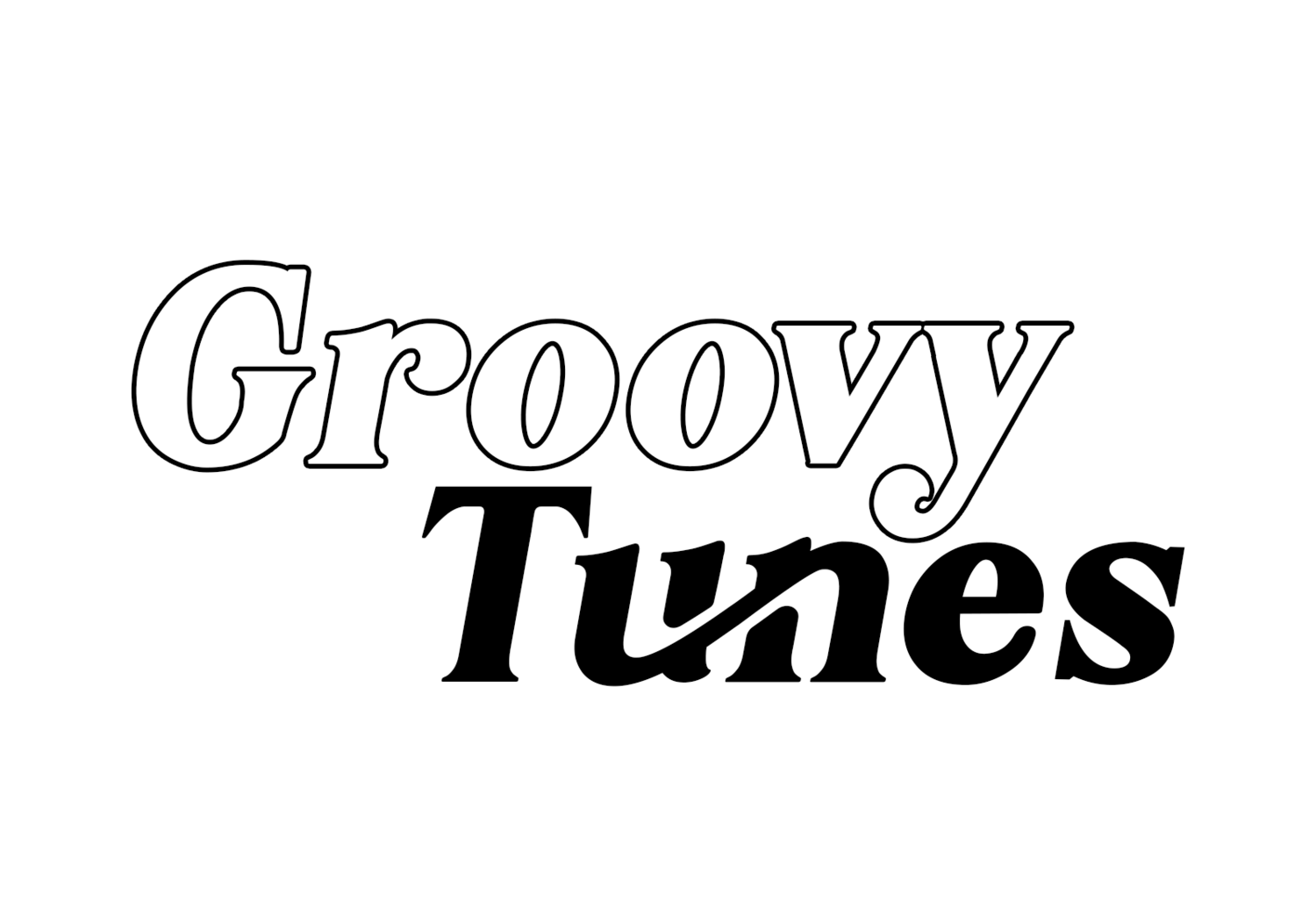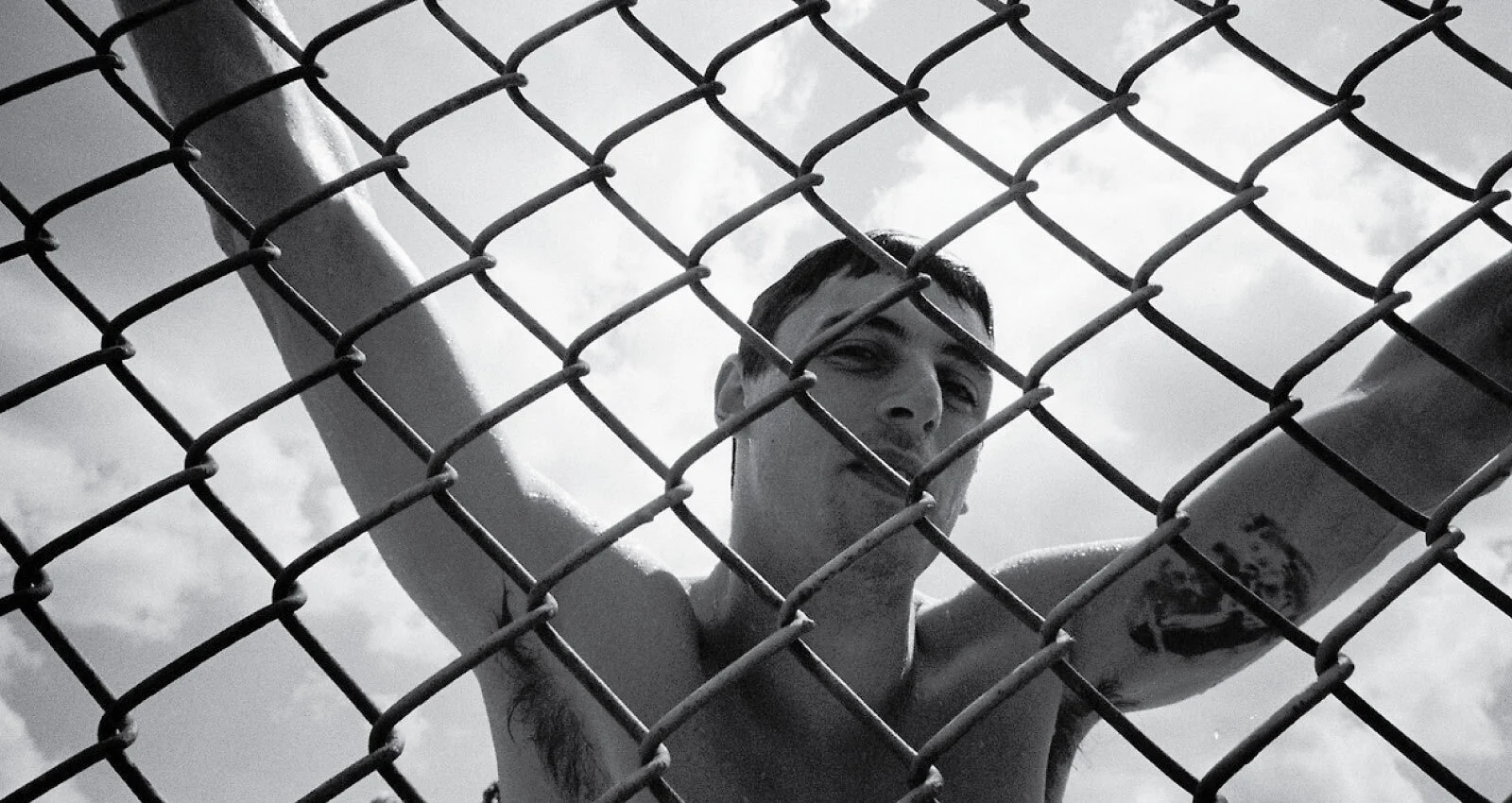An Interview with Military Genius
Words by Sarah Morrison
Vancouver musician Military Genius [Bryce Cloghesy] has spent the last four years chipping away at his own solo work ‘Deep Web’ and has finally released the project on March 6 via Unheard Of Hope. The record, thematically centred around forms of vulnerability and experimentation, has been a revolutionary hit amongst listeners. We caught up with Cloghesy in order to gain a better insight into the forms of musical and literary structures he used to bring his score like debut to life.
You suffered a very serious and life threatening accident, at which point you had a personal evaluation. What were some of the conclusions you were able to make? How did this shift your relationship with music and the way you were involved with it?
It raised the stakes a little bit; creative expression being an outlet for a connection between people and that connection being something we take for granted, recognizing your own mortality and having the ability to communicate and to share things on an emotional and intellectual level. An experience like that helps you recognize the reality of it and appreciate it.
William Burroughs’ 1959 novel, ‘Naked Lunch,’ was one of the influences surrounding the album. When were you first introduced to the piece?
Just coming across things while looking into art, literature, and music history as a young artist. I had an appreciation for the approach and it was just as a means to find something new. Isn't that a lot of what art is about? Something new and original?
What about his structure/his way of bringing his story to life in such an untraditional form of expression led you delved to delve into the idea of not following the modern form of song structures?
There were no rules. You've got to break free from the formula. We're operating in the context of pop music and a modern area of music, right? There's a lot of expectations for what a piece of music is supposed to be and what is popular. You need to just let go of all of that.
You learned to play saxophone and added that texture and timbre to the Military Genius sound. What really pushed you towards that idea?
I've had an appreciation for jazz music for a long time and different instrumentations. When you're just experimenting or trying things, things start to fall into place. I came into infinity with that instrument. It became crucial and part of the foundation of the project.
This ties in with family history as well because I found out after the fact that a couple of generations ago my family was in an orchestra based in Saskatwean in the 30s and 40s called Hildebrand Family Orchestra. I finally saw a picture and there are three or four saxophones in the band. They were playing Austrian polka music in all the community halls.
What are elements and musical theories you learned through Thelonious Monk, Duke Ellington, and Sun Ra?
Hell ya. There are so many great saxophone players, it's a beautiful sound, you know?
Less of the musical theories, just something about the saxophone captures twentieth-century American sound. That's such a relevant reference point now, North America, specifically, communities from the United States across the twentieth-century. There's great music elsewhere but saxophone came to represent something, it defined many eras of music. It's a great reference point to be working with. You're always building and referencing and trying to grow your creative work.
You steered the album towards a score effect. Was this something thought out or brought out through the subconscious?
Absolutely thought out. Cinema and that type of experience is on the same level in terms of listening to music; the timing and the emotional journey of it. It felt like a point worth experimenting on and it led to some cool, unexpected results. You never know what you're making until it is made. The intention was definitely there.
Would you consider experimenting with other forms of media in the future to take your score-like music and bring it to life through an actually cinematic approach?
We've got some projects in the works. That's definitely part of the direction. It's nice making short songs too but it can go either way which is part of the excitement around the project. It's not confined to one or the other.
It seems as though as you moved from city to city, you were able to take a valuable lesson or perspective of life with you. What has each Calgary, Montreal, Vancouver, and Berlin done in order to connect you to the reality of your progression as an artist?
Changing locations is another form of changing your mind and routine.
I grew up in Calgary and was grateful to go to a University in Montreal. I grew, personally, beyond my time in Montreal and knew it was time to leave. I found myself in Vancouver in yet another... it's just part of the progression.
I felt Montreal was a good place to be connected and wanted to be able to experience that city. Now, I'm glad to be out in Vancouver, appreciating more time and space to myself and to be able to work more on projects like this.
You had your album release show out in Berlin. What made you decide that was the city you wanted to experience that form of an emotional release with rather than holding the event back in Canada?
We were on tour in Europe for three weeks and that was the date that coincided with the streaming release date. It was an accident but it was a wonderful show. Being able to connect with people and share what we do is always a wonderful experience and something that I'm quite passionate about continuing to do in whatever form following the pandemic.
You spent four years chipping away at this project all while participating in others (Crack Cloud / N0V3L). Did this ever cloud or overlap your judgement on what you were working on?
We've got a nice crew of people and are creatively bouncing ideas off of each other. The idea is everyone sort of lifts each other up but is also afforded the opportunity to realize their full vision. There's no creative compromise with that. The community coming together is a powerful thing and I hope to keep growing.
Your lyrics tap into such dark subject matter, was it hard to allow yourself to immerse in the theory of vulnerability?
No, it's part of the mandate to express your reality, to criticize and pay judgment. But to also yourself on the line and say something. What are we doing if not expressing something in our recording? That's why I don't have time for music that doesn't say anything. It's ridiculous in our time, people saying the same thing over and over again. It's important to have a message.
How did that factor into the visual effect of the album cover?
That sort of came together through experimentation and wanting something to look different and unique. We played off of the subject matter in the lyrics. Like I said, you never know what you're making until it's released and it resonates with people in a certain way.
I definitely did not expect anything. I find it meaningful, so I hope other people can find that it resonates with them as well.
Bringing John in to help towards the end of the creation process, in what ways did he become a crucial part in getting it completed?
John and I had made a bunch of records together in the past; some of his early solo works and in N0V3L as well. This is it coming full circle; collaboration with him supporting me on some of my projects. Recently, he was the person traveling with me so it's sort of been made into a duo. It's been one of the more fruitful creative relationships and you need to be open to that type of thing.


